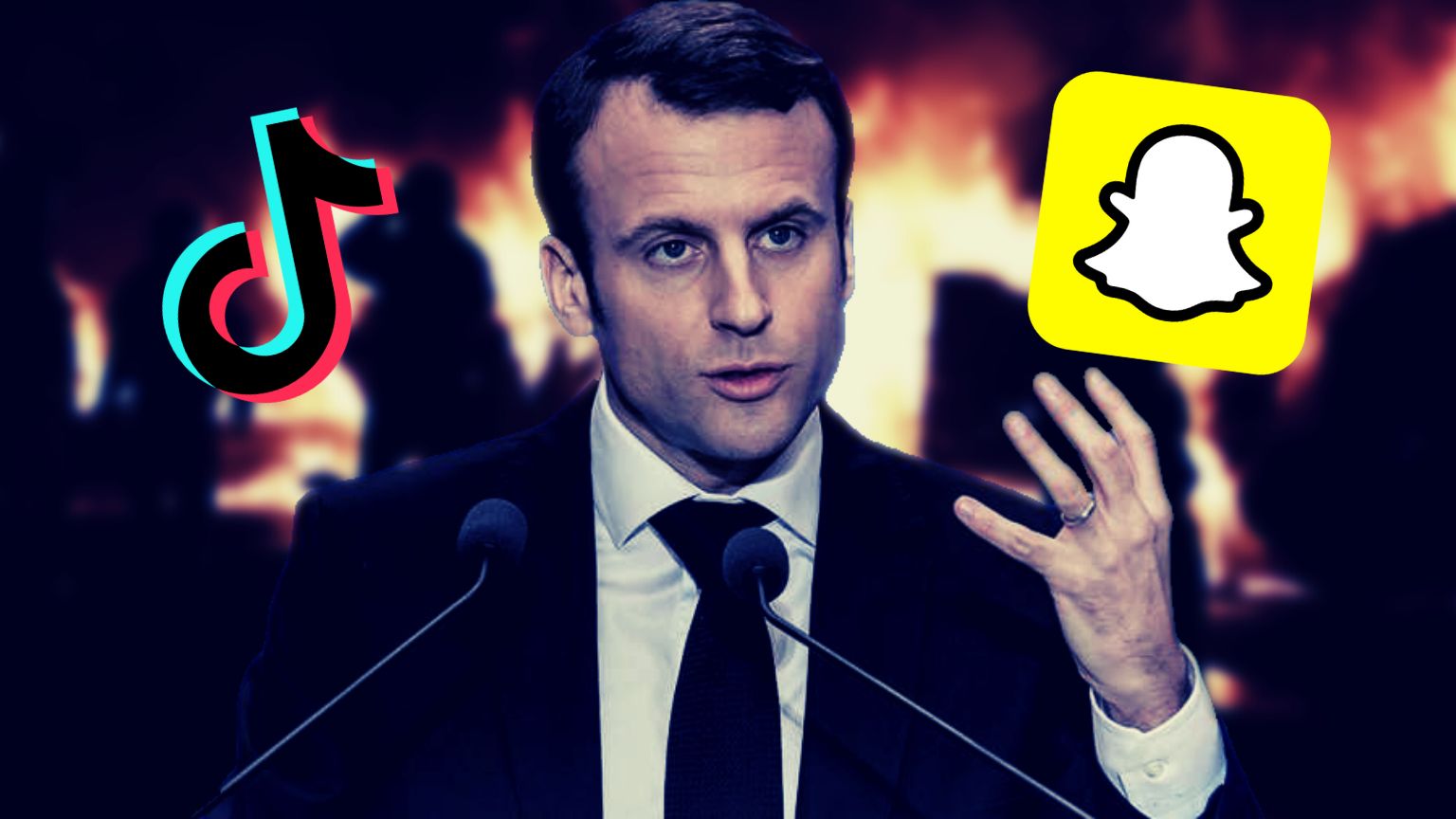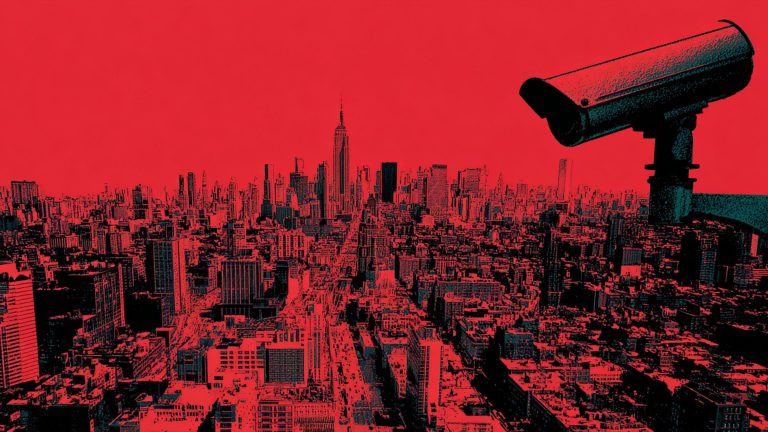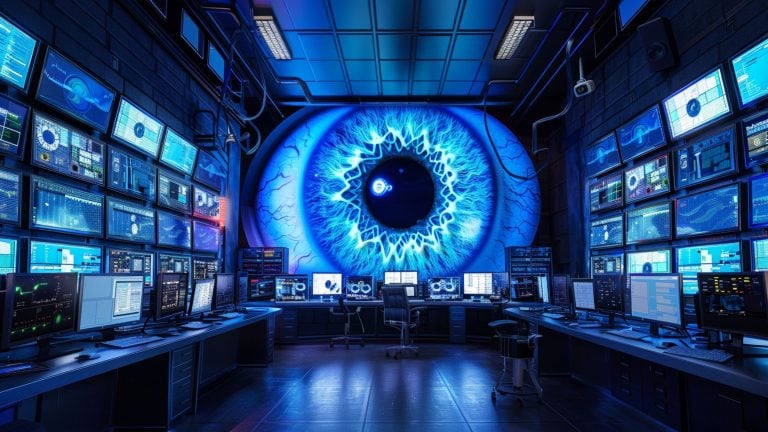In France, a storm is brewing (again), and French President Emmanuel Macron appears to have figured it all out – it’s social media and video games that are to blame for the ongoing riots in France!
This came following four nights of rioting initially triggered by the fatal police shooting of a Muslim teenager, Nahel M.
Macron’s comments are hardly original, yet they warrant scrutiny from a free speech perspective.
One cannot help but raise an eyebrow as President Macron pleads with social media giants to erase the “most sensitive” content pertaining to the rioting. With a wave of his hand, he decrees, “platforms and networks are playing a major role in the events of recent days.” His words, veiled under a guise of concern, echo a familiar tune that has been played on the world stage before.
“We’ve seen them; Snapchat, TikTok and several others, serve as places where violent gatherings have been organized, but there’s also a form of mimicry of the violence which for some young people leads them to lose touch with reality.
“You get the impression that for some of them they are experiencing on the street the video games that have intoxicated them,” he added.
It’s fascinating that social media platforms and video games are often the easiest targets when those in power look for a scapegoat. It’s like a well-rehearsed performance: when there’s unrest, point fingers at technology. Surely, Snapchat and TikTok are not centuries-old entities that have been brewing riots since the French Revolution.
Is it not reasonable to ponder if this fervor in urging platforms to suppress content may serve a dual purpose? On the surface, it appears to be an act of preventing violence, but does it not also conveniently serve as an avenue for controlling narratives and stifling voices?
One must also critically examine the role of parents, which Macron emphasized by stating that a third of those arrested were “young or very young,” adding that “it’s not the state’s job to act in their place.” Indeed, parental responsibility is paramount, but it’s equally critical to recognize that riots don’t just happen because the youth are playing video games.
The situation is precarious, with more than 200 police officers injured, and 875 people arrested. The nation watches on as buildings are torched and stores are looted.








